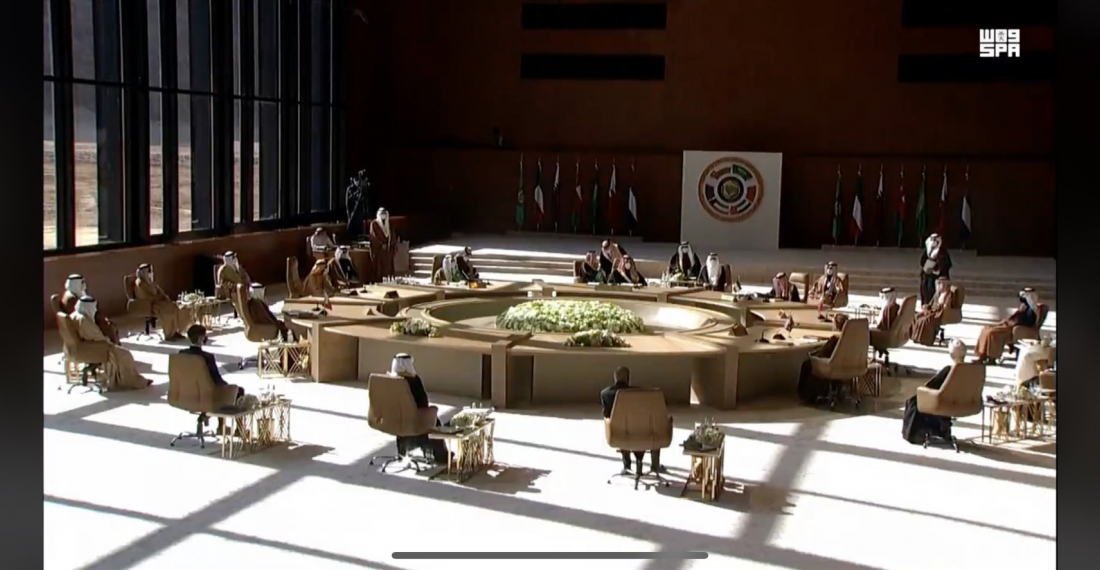- Armenia-Azerbaijan Strategic Expert Platform: Members emphasise the importance of the present moment for the South Caucasus and call for the momentum to be used for the long-term peace and prosperity of the region
- Thursday Interview: Dr. Anar Valiyev
- Food insecurity in Somalia has nearly doubled in the past year
- Türkiye evaluating potential measures in case of a US-Iran conflict
- European Parliament reaffirms support for Ukraine and EU Path
- EU moves ahead with Ukraine loan preparations despite Hungarian block

Saudi Arabia and Egypt have started addressing outstanding issues with Qatar as they rebuild relations with the Gulf state. Riyadh and Cairo have taken a more pragmatic approach towards Qatar, and have moved faster than the UAE and Bahrain in resuming diplomatic relations with Doha, according to Reuters.
Bilateral talks between Qatar, Saudi Arabia, and Egypt to resolve outstanding differences are making progress, eight foreign diplomats and two well-informed regional sources said told the agency. There is little progress in the dialogue with the UAE and talks had not yet started with Bahrain. The Qatari and Egyptian interior ministers spoke by telephone recently and talks with Riyadh are continuing after the Saudi Foreign Minister met the Emir of Qatar this month.
Saudi Arabia has taken the lead in seeking to bridge the rift with Qatar. Riyadh is motivated by its desire to encourage Qatari investment in Saudi projects. Egypt is also testing the waters to see if reconciliation would bring commercial benefits that were not attainable during the boycott.
An Egyptian official referred to remarks made by Foreign Minister Sameh Shoukry this week, in which he referred to positive messages from Qatar, but said it was too early to give a final opinion since the issue of Al Jazeera channel's coverage of events in the region remains contentious, as well as public activity on social media in Qatar. Observers have noted that Al Jazeera has indeed softened its tone in its coverage of Saudi Arabia.








